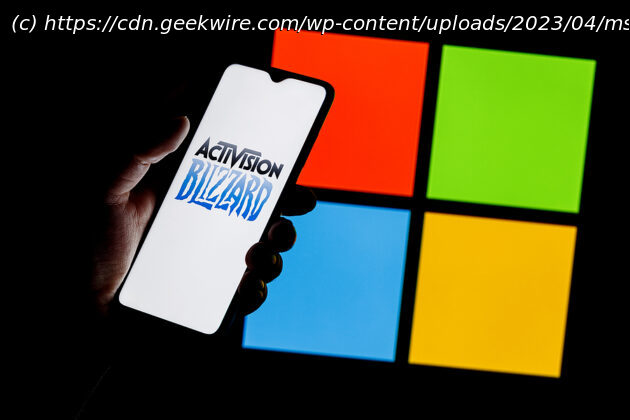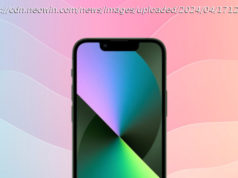From the start, Microsoft’s hearing against the US Federal Trade Commission was going to be interesting to anyone who follows the business end of the video games industry. As previously… Read More
From the start, Microsoft’s hearing against the US Federal Trade Commission was going to be interesting to anyone who follows the business end of the video games industry.
As previously discussed, most of the major players in modern gaming maintain a firm hold on their internal data, so the discovery process in any games-related legislation often provides a few big stories from behind the scenes. FTC v. Microsoft was no exception to that rule.
The five-day hearing was punctuated by surprising revelations and the occasional accidental leak, all against the backdrop of Sony’s attempts to keep Microsoft in third place in the ongoing ninth-generation console war.
The FTC is seeking a preliminary injunction that could threaten the future of Microsoft’s attempted $69 billion acquisition of video game developer Activision Blizzard.
The agency filed for that injunction on June 12 alongside a restraining order, which would, if successful, prevent Microsoft from closing the acquisition for long enough that it would run into the original agreement’s final termination deadline. That would force Microsoft to pay Activision Blizzard a $3 billion penalty, as well as potentially halting the acquisition.
The hearing, which ran from June 22 to 29 in San Francisco, saw testimony from multiple Microsoft executives, including CEO Satya Nadella, Xbox head Phil Spencer, and corporate vice president Sarah Bond, as well as video deposition from Jim Ryan, CEO of Sony Interactive Entertainment.
The first day of the hearing set much of the tone for what was to follow.
The FTC’s case was built around the potential anti-competitive impact of the acquisition, where Microsoft would end up with exclusive control over several of the largest video game franchises in the modern business, most notably the Call of Duty series. That comes with the risk that Microsoft could leverage that control to hurt its competitors, such as Sony.
Conversely, Microsoft’s defense hinged on demonstrating that, both in theory and in practice, it doesn’t believe in console exclusivity. On the stand, Nadella testified that he was against the idea, saying he “would love to get rid of the entire exclusives on consoles.”
“But that’s not for me to define,” Nadella continued, “especially as a low-share player in the console market. The dominant player there has defined market competition using exclusives, so that’s the world we live in. I have no love for that world.”
Traditionally, exclusive games for a platform have been one of the biggest factors in competition between gaming consoles. Going as far back as the 16-bit era, you bought a Super Nintendo if you wanted to play Mario games and a Sega Genesis if you wanted to play Sonic the Hedgehog.
In the last couple of console generations, Sony has successfully pursued that strategy with a lineup of first-party video games that are exclusive to the PlayStation platform, although it’s recently relaxed that policy by releasing some of its recent hits, such as Horizon: Zero Dawn, on PC via Steam.
Meanwhile, Microsoft leaned heavily on its own system exclusives for the first two generations of Xbox hardware — it stopped doing so early in the Xbox One’s life cycle, largely to its overall detriment.
Home
United States
USA — software What we learned from Microsoft vs. the FTC in tech giant’s battle...






